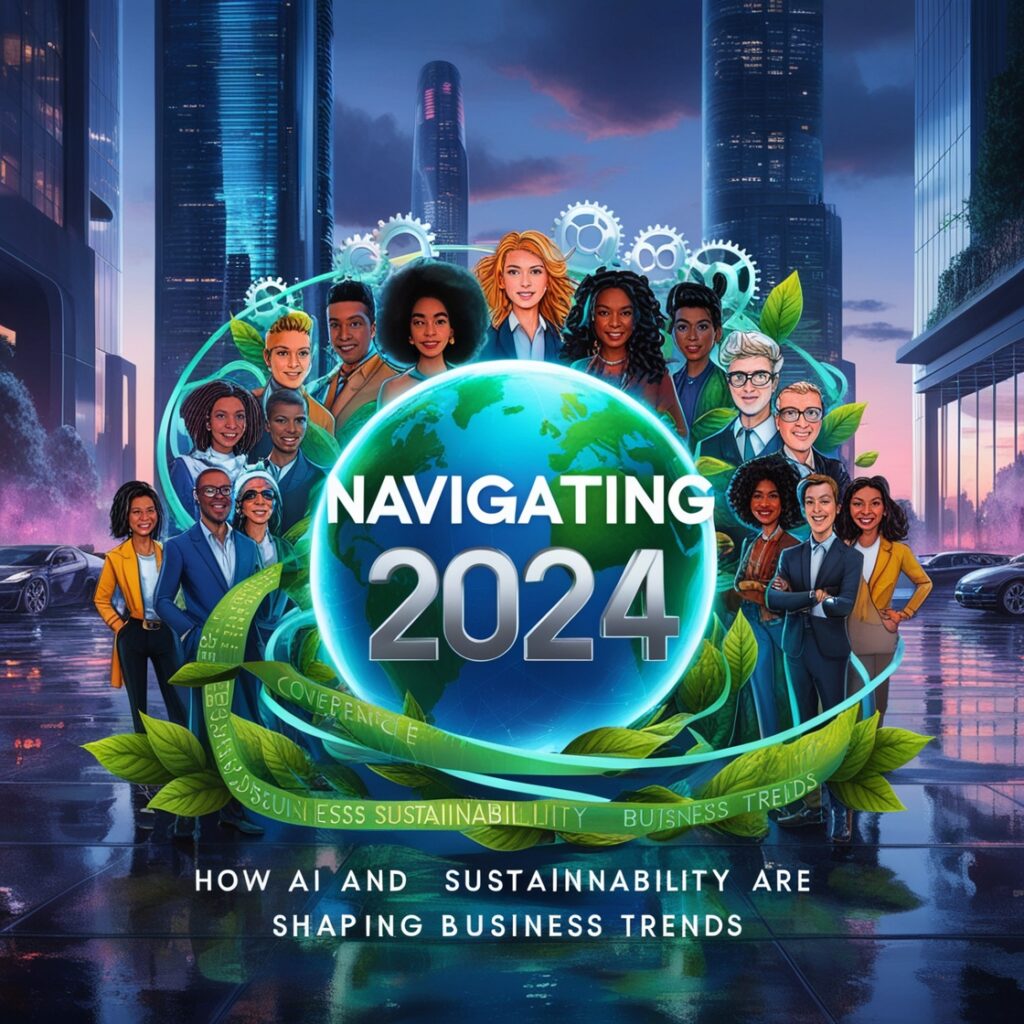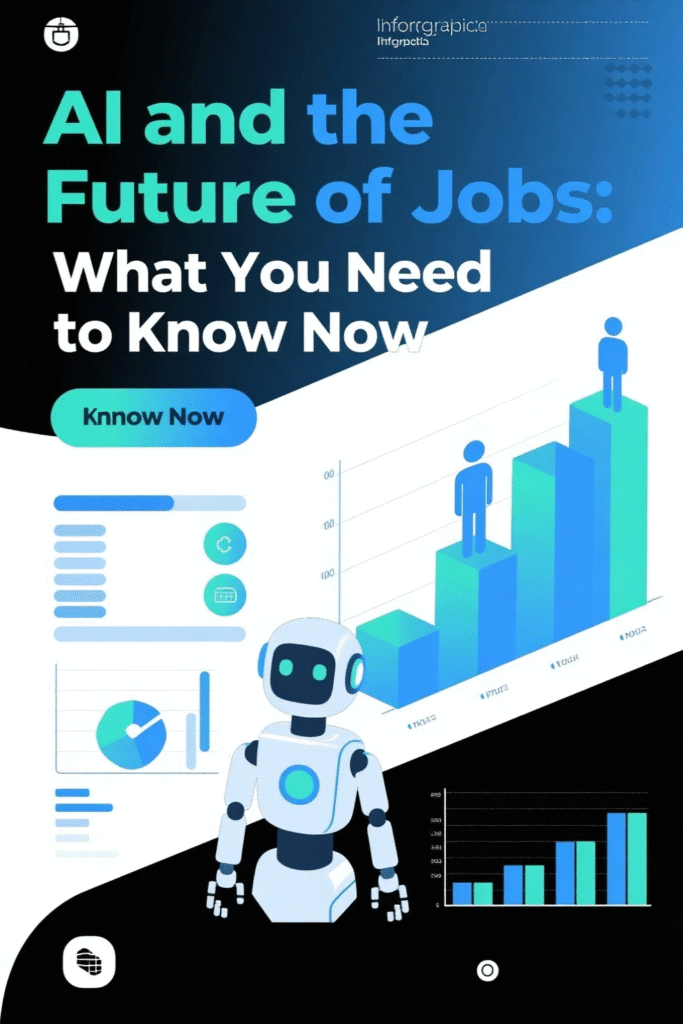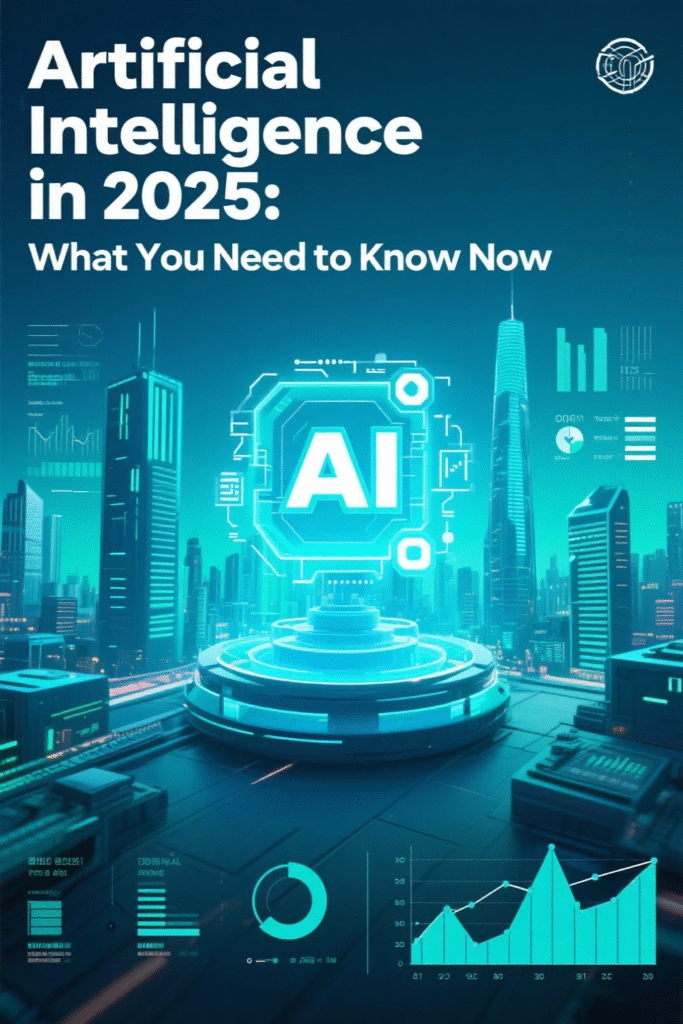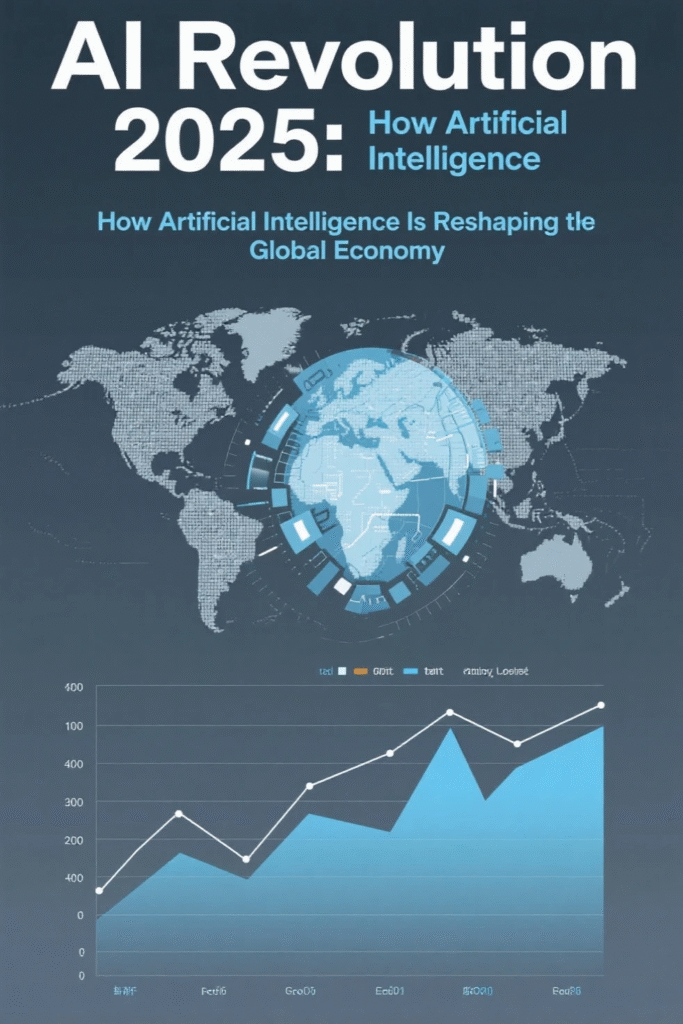 Smart Nations: How Countries Are Adapting to the AI Era
Smart Nations: How Countries Are Adapting to the AI Era
Smart nations in the AI era are not just adopting technology — they’re rewriting the rules of governance, education, infrastructure, and global competition. In 2025, countries that lead in AI don’t just innovate — they transform how societies operate, regulate, and prepare for the future. This is a race of foresight, investment, and bold vision. For a global perspective on how governments are building resilient AI policies, consult the World Economic Forum’s roadmap titled Generative AI is rapidly evolving: How governments can keep pace, which outlines key frameworks for national AI governance and strategy.
National AI Strategy: The Blueprint of Leadership
Developing a national AI strategy has become a non-negotiable priority for global leadership. From the United States to the UAE and China, countries are positioning AI at the core of national progress. These plans encompass government funding, R&D, ethical standards, and cross-sector collaboration. The message is clear: those without a plan risk being left behind.
- China is investing billions to dominate AI by 2030, focusing on surveillance, language models, and AI manufacturing.
- The United States leverages its startup ecosystem and defense sectors to remain competitive.
- The UAE became the first country with a dedicated AI minister, embedding AI into government services and education.
Want to see how AI is reshaping global economies? Explore AI Takeover: The Truth About 2025’s Economy.
Smart Cities: Engineering the Future of Urban Living
Smart nations invest in intelligent urban ecosystems. In 2025, smart cities go beyond fast internet or sleek buildings. They integrate AI into the core of everyday living — from traffic control to healthcare. Cities like Singapore, Amsterdam, and Seoul are leading the charge.
-
- AI-driven traffic systems reduce urban congestion by 40% in some regions.
- Healthcare uses predictive analytics for early diagnosis and outbreak prevention.
- Energy-efficient grids powered by real-time data reduce waste and emissions.
As reported by Reuters, more than 500 cities—such as Singapore, Amsterdam, and Houston—have adopted digital twin technology to improve resilience, reduce congestion, and manage resources efficiently.
📺 Spotlight on Smart Cities: Saudi Arabia’s Mega-City Project
Saudi Arabia is pioneering a bold vision with “The Line”, a futuristic mega-city designed to redefine urban living. This project integrates AI, sustainability, and innovative architecture to create a linear city with zero cars and zero carbon emissions.
Watch this video to discover how “The Line” aims to transform the way people live and work, showcasing the potential of smart city technology in action.
Workforce Reskilling and AI Education Initiatives
Future-proofing the workforce is now a national imperative. Countries investing in AI literacy, from K-12 education to university-level specialization, are building sustainable ecosystems. AI isn’t just about machines — it’s about how humans work with them. As jobs shift, reskilling programs supported by governments and corporations alike are helping citizens thrive.
Want insights into the evolving job landscape? Read AI and the Future of Jobs.
The Global AI Regulation Race
Balancing innovation with ethics has become a major concern. The European Union’s AI Act is the most comprehensive legislation so far, setting standards around AI risk levels, data privacy, and human rights. Other countries are racing to find frameworks that enable growth without compromising values.
With concerns about algorithmic bias, mass surveillance, and AI autonomy, the role of ethical AI governance has never been more important. Nations that get this balance right will set the tone for decades to come.
Learn more about the European Union’s AI Act — a landmark framework shaping global AI regulation standards.
Explore the challenges and strategies of ethical AI governance from a leading think tank’s comprehensive analysis.
Final Thoughts: Who Will Shape the AI World Order?
The AI revolution isn’t waiting. Nations leading today are setting the standards, policies, and infrastructures that will influence generations. Whether it’s policy or education, urban planning or innovation — being a smart nation means embedding AI into the DNA of decision-making.
Don’t miss the big picture — check out Artificial Intelligence in 2025: What You Need to Know Now.
Is your country leading or lagging? Drop a comment and join the conversation on how we build the AI future together.
🤖 Frequently Asked Questions (FAQ)
- What is a smart nation? A country that integrates AI across policy, economy, education, and infrastructure.
- Which countries lead in AI development? China, the U.S., UAE, and several EU members are at the forefront.
- How does AI impact urban planning? Through traffic optimization, energy management, and predictive services.
- What is the AI Act? A European legislative framework to regulate safe and ethical AI use.
- Why is AI education important? It equips future workers with the skills to collaborate with intelligent systems.







Your blog is a beacon of light in the often murky waters of online content. Your thoughtful analysis and insightful commentary never fail to leave a lasting impression. Keep up the amazing work!